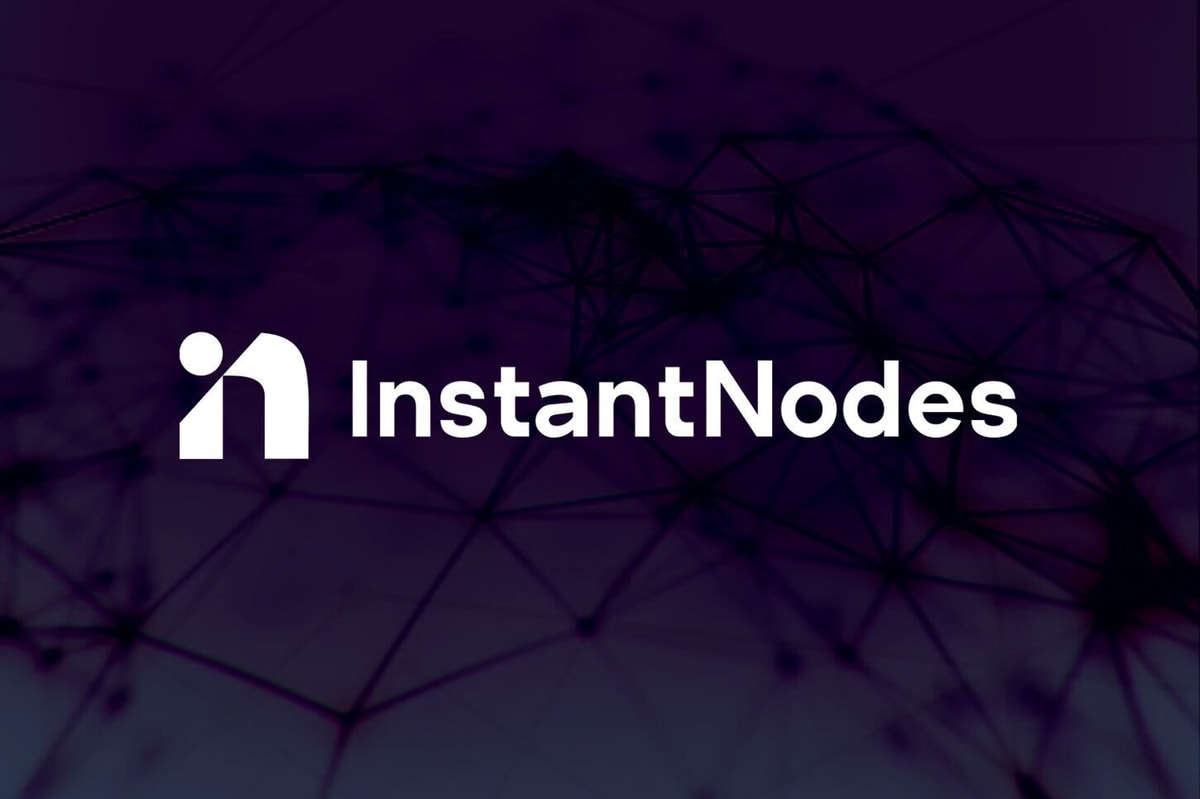Cathy Zhu, managing director of China at CasperLab, told Cointelegraph China during its Hub interview that the native token of CasperLabs, CSPR, will be launched exclusively on the Coinlist platform from March 23 to 31, 2021. She revealed that this is also the first sale of Coinlist in 2021.
According to Zhu, American, Chinese and Canadian participants in specific jurisdictions are restricted from sales.
Zhu said that CasperLabs is developing a fully decentralized, scalable, public blockchain designed for mass enterprise, developers and consumer adoption. The transformative blockchain will be designed for applications that require a high degree of security, fast execution and predictable economics. She explained:
“The technology overlays a correct-by-construction consensus protocol with market and incentive design to guarantee the faithful execution of transactions. The tech promises to scale the blockchain without sacrificing decentralization through proof-of-stake consensus.”
The team, led by chief technology officer Medha Parlikar and lead developer Michael Birch, is developing a new open-source blockchain project. The protocol uses CBC-Casper, a correct-by-construction, proof-of-stake consensus protocol that uses bonds and slashing (penalties) to secure the network. Zhu continued:
“By removing the mining required by traditional proof-of-work protocols, it will be more ecologically and economically efficient and secure than pre-existing systems. In today’s blockchain landscape, scalability is not the only challenge.”
According to Zhu, many blockchain infrastructures use novel programming languages, which forces developers to invest additional time to learn these languages. However, CasperLabs has opted to use WebAssembly, a formally verified standard that supports several existing and widely adopted programming languages.
Zhu also emphasized that more than two thirds of the team members are engineers. For instance, Daniel Kane, a well-known mathematician in Silicon Valley, has proved CBC-Casper mathematically.
Parlikar has decades of software product delivery experience in Adobe, Omniture, Avalara, mp3.com, DivX and other large companies and managed a large engineering team.
Cliff Sarkin, chief operating officer of CasperLabs, a Silicon Valley veteran and Harvard Law School graduate, sold the first image recognition startup to Microsoft.
Mrinal Manohar, CEO and co-founder of CasperLabs, started programming at the age of 11 and received a Master’s degree in computer sciences from Carnegie Mellon University. According to Zhu, he used to be an open-source contributor to the BitTorrent project. He has been investing in blockchain since 2012 and is one of the earliest investors of Ethereum, Blockstack, Basis, Maker and Filecoin.
China market
China is a core market of Casper, said Zhu. Although it is a global project from the West, it’s deeply rooted in the East and faces the whole world. She continued that from the beginning, the CasperLabs project has clearly positioned a core position in the Chinese market. She said:
“There are many excellent projects and developers in China. Chinese user groups are also very open and active. Chinese government and enterprises also attach great importance to the development of blockchain technology.”
Zhu believes CasperLabs, as a layer-one infrastructure technology, has very good prospects in China. In terms of business development and community construction, the project has always focused on technology development to provide an efficient, safe and decentralized infrastructure for developers and users. At the same time, the project is strengthening its cooperation with the local communities. She continued:
“At present, our community members come from dozens of countries around the world, including the largest communities in the United States and China. We also hope to let the Chinese community know about Casper by holding several AMA activities similar to this one. We hope that community users and developers can participate more and build Casper’s ecological construction together.”











